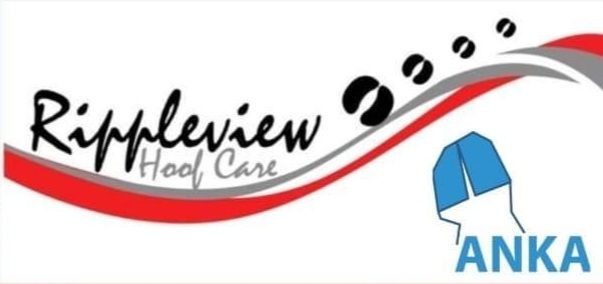Engine emissions trends over recent years have driven machine innovation – stricter emission regulations, new fuels, common-rail fuel systems and the need for cleaner fuel are all driving the need for improved filtration technology.
Today’s machines are engineered to the highest performance standards – each machine is a highly engineered system of complex working parts which should be maintained by only using genuine filters and lubricants to ensure continued optimal performance.
Using non-OEM-specified filters (original equipment manufacturer) and lube creates a weak link in the system and can compromise the performance of a machine.
Price is not always king
Sometimes it’s easy to let buying decisions come down strictly to price, but using non-OEM-specified lubricants and filters can have a serious impact on a machine’s performance. It may save a few dollars in the short term, but using non-OEM-specified filters and lubricants can cause machines to run less efficiently, wreak havoc on regular maintenance intervals and, ultimately, increase the total cost of ownership of a machine.
Delta Power Equipment, an equipment dealership with 10 locations across southeastern Ontario, encourages customers to buy OEM lube and filters – and for good reason. The dealership’s parts manager, Jeff Amos, says, “First of all, we believe the quality is there – it’s engineered for their equipment.
We also like the support behind the scenes, the warranty support and the filters as well. That is the biggest part, as far as customers go.”
Amos cited one example of a customer who had requested a third-party filter because he had priced them out against the OEM filters, so he sold him the third-party filter at that same quoted price. For the next oil change, that same customer requested OEM filters.
What the customer observed is not uncommon: introducing a third-party filter into the system, even when using an OEM lubricant over the same drain interval, the equipment owner witnessed black oil and was generally unhappy with the performance of the filter.
Price-conscious fleet managers and business owners also benefit from understanding the advantages of using only OEM oil and lubricants. Again, it comes down to the quality and the support behind the scenes.
“Oil changes are so much different than what they used to be,” Amos says. “We still have some people that will buy a ‘will-fit’ filter and another brand of oil and pour it in and not realize their oil changes are going to have to be more frequent.”
Amos says, “When people realize they’re good for 600 hours with the OEM oil, but they’re only good for about 200 hours with the cheaper ‘will-fit’ filter and oil, it starts to make sense. It’s really important for customers to understand that.”
MAT specifications
One of the ways OEMs differentiate their lubricants with other competitive brands is through the MATs on its engine oils. MAT is a series of internal technical standards developed by the equipment manufacturer’s engineering team to ensure all OEM-spec engine oils exceed the industry-standard active pharmaceutical ingredients requirements and have tighter tolerances than standard industry specs.
The MAT number on an OEM-spec oil container certifies the oil has been tested and approved by engineers to meet the demands of the machine and help extend component life.
Using OEM-spec engine oils helps to ensure a machine will operate as efficiently as possible throughout its lifetime. It also ensures the machine stays on the oil change/maintenance schedule it was designed for. It’s important for machine owners to understand: Many aftermarket oil companies claim to have OEM-spec characteristics listed on their containers, but it is not always the case.
Warranty and support
Equipment owners should always follow all manufacturer recommendations for fluids and filters. As heavy equipment has become more technologically advanced, machine tolerances have changed drastically over the years, and many components require tight fluid and filtration specifications in order to run as efficiently and reliably as possible.
There are many risks involved with using poor-quality oils and fluids that can have an adverse effect on warranty and machine support coverage. Using OEM-specified fluids also ensures any warranty claims won’t be denied due to maintenance neglect.
Equipment owners want to protect their investment, minimize total cost of ownership and make sure they are getting all they can out of a machine. Using OEM-specified filters and lubricants is one of the easiest ways to improve a machine’s life expectancy and ensure a machine is going to perform reliably throughout the course of its lifetime. ![]()
Jerry Hutkowski is the segment marketing manager – maintenance products with New Holland Agriculture.




